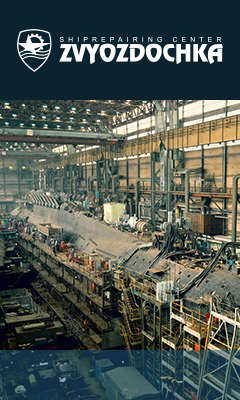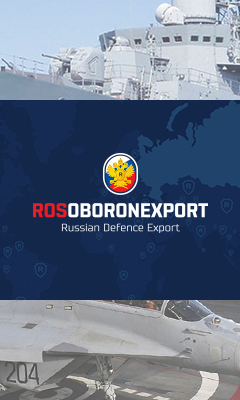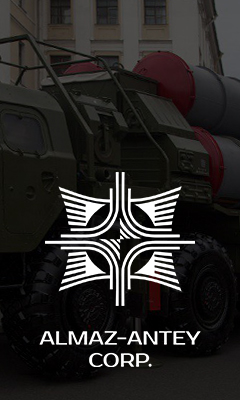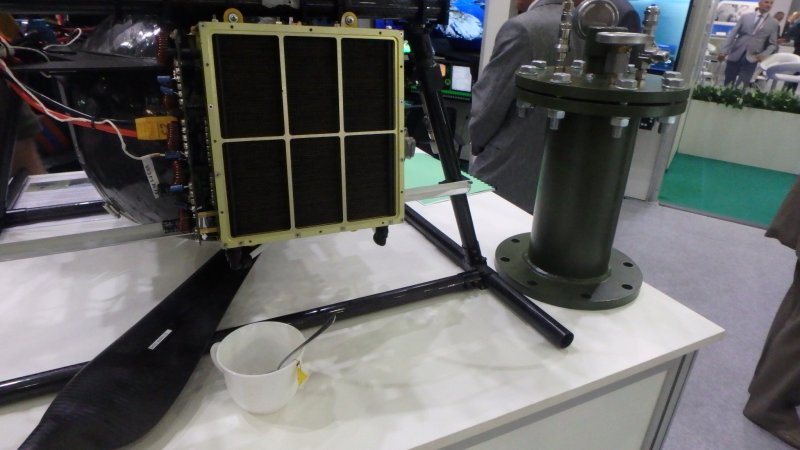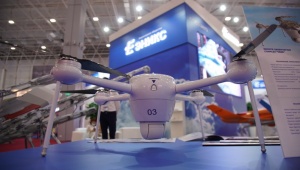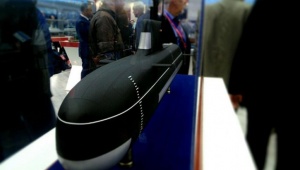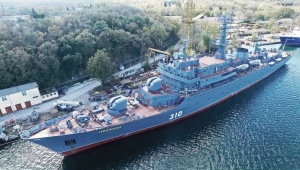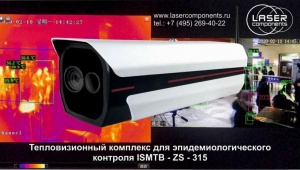"It is a copter-type unmanned vehicle equipped with four propellers and high resolution camera. It is designed for recon purposes and can stay airborne for three hours and a half", said the source.
According to the interviewee, the applied hydrogen powerplant helps to eliminate thermal wake and minimize rocking that, in case of a piston engine, makes problems to optoelectronics. The project has no official name yet, the orderer is Russian Ministry of Industry and Trade.
Denis Fedutinov, an expert in unmanned systems, said that the use of fuel cells, including the hydrogen ones, was an upcoming trend for prolongation of a UAV flight. "A technology based on the technical solutions available at the international market was invented several years ago and looked quite promising. The Singapore company Horizon is deemed to be a pioneer in development of such systems for unmanned aircraft and has managed to popularize this solution", Fedutinov shared with Mil.Press Today.
However, this technology has a number of problem points that hinder its use, added the expert.
The previous OANS project, a helicopter-type drone presented at Army-2018 forum, is also equipped with a hydrogen powerplant. Being interviewed by Mil.Press Today at the forum, the company’s designers then claimed they had resolved the charging issue, a common problem for many UAV manufacturers.
The new copter-type drone will be presented to the customer in 2019, upon the trials are over.
Russia Ordered Hydrogen-Powered Multicopters
By the order of the Ministry of Industry and Trade, a Russian company named Onboard Air Navigation Systems (OANS) is developing a copter-type drone powered by hydrogen fuel cells, an insider in the Russian defense industry told Mil.Press Today.










